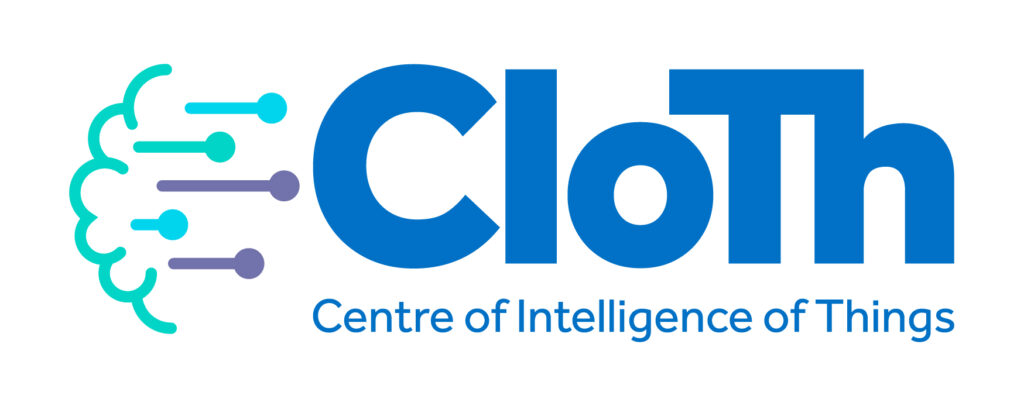Written by Uchenna Victor Moses
Technology is reshaping our world faster than most classrooms can catch up. And for students across Africa, the UK and beyond, the digital divide is real. it is a real barrier. That is what fuels my journey.
Last year, while serving as President of the Students’ Union at the University of Bolton, I co-organised the Next Generation Artificial Intelligence Conference held in June 2024. This landmark event, supported by the University of Bolton (University of Greater Manchester) and co-led with Prof Celestine Iwendi and Sam Johnson, brought together thought leaders from across research, policy and enterprise. We officially launched the Centre of Intelligence of Things (CIOTH), led by Prof Celestine Iwendi-Prof of AI, a bold initiative designed to connect academic ideas with real-world impact. It was a major step in showing that universities can and must lead the way in bridging the AI literacy gap.
Today, I serve as a Digital Project Manager with the UK’s Medicines and Healthcare products Regulatory Agency (MHRA), coordinating large-scale digital infrastructure that supports public services. But my mission to make digital transformation accessible and inclusive has not changed. If anything, it has grown clearer.







 During the AI Conference, I made a statement that still holds true: “It is not enough for universities to ban the use of AI. What we need is to teach when, why and how to use it responsibly. Higher education is still the most trusted place to shape both knowledge and character, we cannot leave ethical tech education to chance.”
During the AI Conference, I made a statement that still holds true: “It is not enough for universities to ban the use of AI. What we need is to teach when, why and how to use it responsibly. Higher education is still the most trusted place to shape both knowledge and character, we cannot leave ethical tech education to chance.”This belief is personal. I have seen how many students, especially international ones, struggle to access the right digital tools. Bootcamps and platforms are everywhere, but not everyone can afford them or even find them. Meanwhile, universities are already trusted with shaping values. That is why I argue that they are best placed to lead the world in ethical and accessible AI learning.
This message reached a wider audience when I joined Professor Celestine Iwendi on Bolton Radio, where we spoke about how AI can break down language barriers and support students who do not speak English as a first language. I explained how tools powered by language models can help learners absorb lessons at their own pace, whether they are in Bolton or in Lagos. For many, it is not just about catching up it is about not being left behind.
The UNESCO Recommendation on the Ethics of Artificial Intelligence backs this approach, stating that “AI systems should not widen existing digital divides but should contribute to equitable outcomes.” Similarly, the World Bank’s Digital Economy for Africa initiative urges investments in digital skills and inclusive access to technology across the continent.
These global goals reflect local needs. Many young people in Nigeria and across developing nations are eager to learn, to create and to lead, but they need platforms that meet them where they are. That is why I am passionate about bringing AI/Digital literacy into the heart of education systems, not just as a technical skill, but as a civic one.
The challenges are real. From lack of devices to poor infrastructure, from unequal training to biased systems, the world still has a long way to go. But we also have the tools, the people and the will. What we need is coordination, courage and inclusion.
As I continue working across both public and education sectors, I remain committed to helping shape systems that are human-centred, values-led and future-ready. Whether in government, classrooms, or communities, we all have a part to play.
And as I have learned, you do not need to be from Silicon Valley to shape the future. Sometimes, all it takes is a microphone, a message, and a movement that believes in people.
References
• UNESCO. Ethics of Artificial Intelligence – Recommendation Adopted by Member States. 2021. Available at: https://unesdoc.unesco.org/ark:/48223/pf0000381137
• World Bank. Digital Economy for Africa (DE4A) Initiative. Available at: https://www.worldbank.org/en/programs/all-africa-digital-transformation
• Centre of Intelligence of Things (CIOTH), University of Bolton. Event Archive and Details: https://www.ciothings.com
